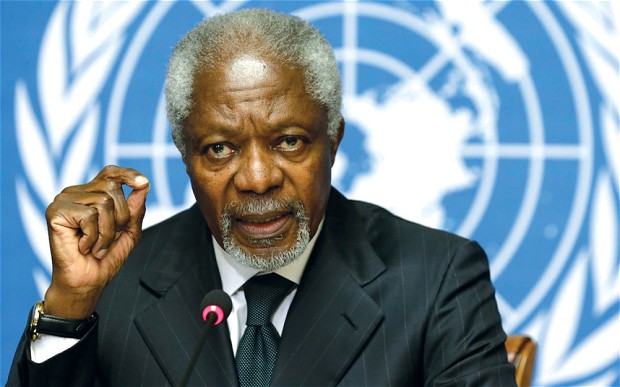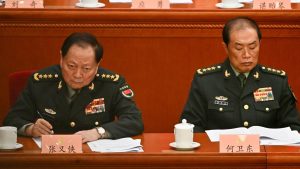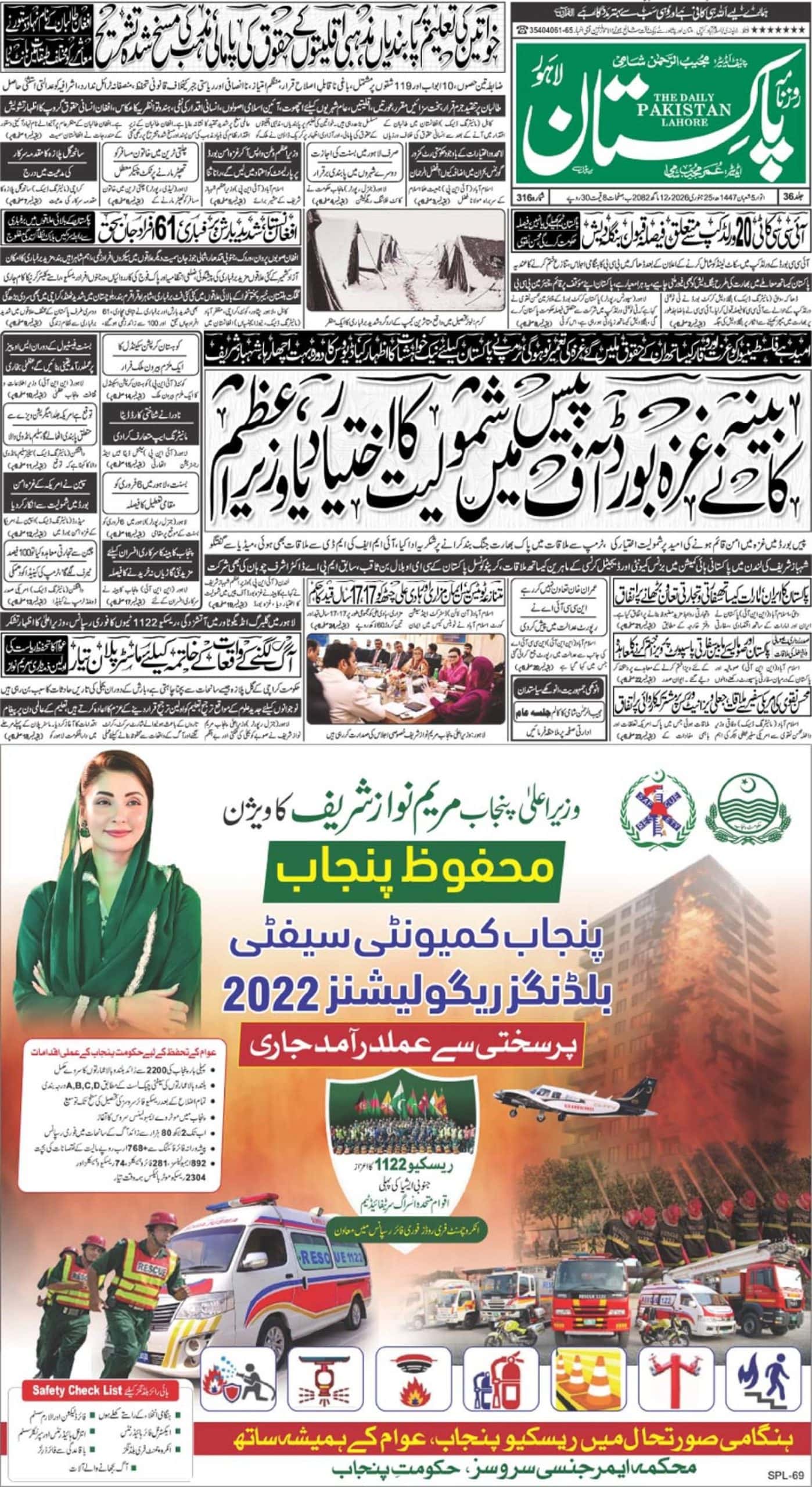NEW YORK (APP) – The establishment of a high-level commission, headed by former UN Secretary General Kofi Annan is a welcome step towards addressing the human rights situation in Myanmar’s Rakhine state, Amnesty International has said.
“Today’s announcement is a sign that Myanmar’s authorities are taking the situation in Rakhine state seriously. But it will only have been a worthwhile exercise if it paves the way for the realization of human rights for all people in the state,” Rafendi Djamin, Amnesty International’s Director for Southeast Asia and the Pacific, said Thursday.
The 9-member commission, which includes members of the Muslim and ethnic Rakhine, mostly Buddhist, communities, would focus on conflict prevention, aid, reconciliation, human rights and development, the government said. It will publish a report within a year of its formation.
Officials in Myanmar said this week that the current U.N. secretary-general, Ban Ki-moon, will attend a peace conference next week that seeks to end decades of armed conflict with ethnic minority groups. The U.N. is expected to soon confirm Ban’s attendance at the conference, which begins Aug. 31 in the capital, Naypyitaw.
Rohingya Muslims have lived in the northwestern state of Rakhine for generations but are denied citizenship because they are considered outsiders.
Tens of thousands of Rohingya have fled in rickety boats to seek refuge in other Southeast Asian countries, and many have perished in the perilous journeys or fallen victim to human traffickers.
Many displaced Rohingya are now sheltering in refugee camps within the country in squalid conditions with little medical care.
In a reflection of how sensitive the Rohingya issue is, the Myanmar government’s announcement did not name the community in the entire text, only describing it as “the complex and delicate issues in the Rakhine state.”
The closest it came to acknowledging the Rohingya was by saying that the commission will “examine international aspects of the situation, including the background of those seeking refugee status abroad.”
The inclusion of foreigners on the commission seems to represent an acknowledgement of international criticism of state policy on the issue.
It said the commission will “consider humanitarian and development issues, access to basic services, the assurance of basic rights, and the security of the people of Rakhine.”
The commission will make recommendations on conflict prevention, humanitarian assistance, rights and reconciliation, institution building and promotion of development of Rakhine state.
Its recommendations will be given to Suu Kyi, who holds the dual titles of state counselor and foreign minister. She is barred by the constitution from becoming president, but for all intent and purposes has been the country’s leader since her party won elections in November 2015 and replaced a quasi-civilian government controlled by the military.
Kofi Annan was the U.N. chief from 1997 to 2006. He shared the Nobel Peace Prize with the United Nations in 2001.
Rakhine state, home to persecuted Rohingya Muslims and other minorities, has been a source of international concern because of persistent reports human rights violations and abuses taking place there.
The situation there has deteriorated markedly since 2012, when clashes between different groups sparked waves of violence, culminating in scores of deaths, destruction of property and mass displacement.














